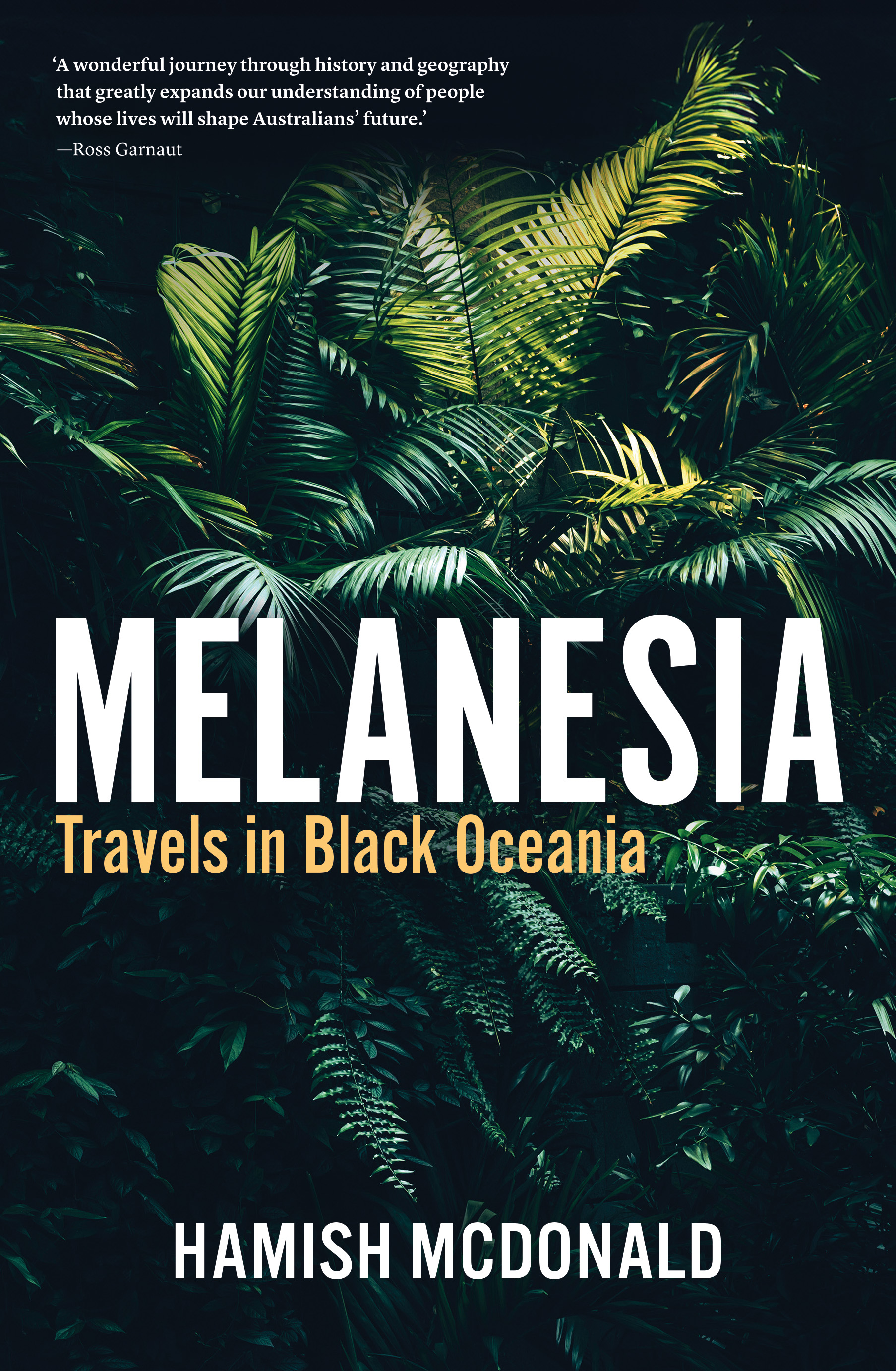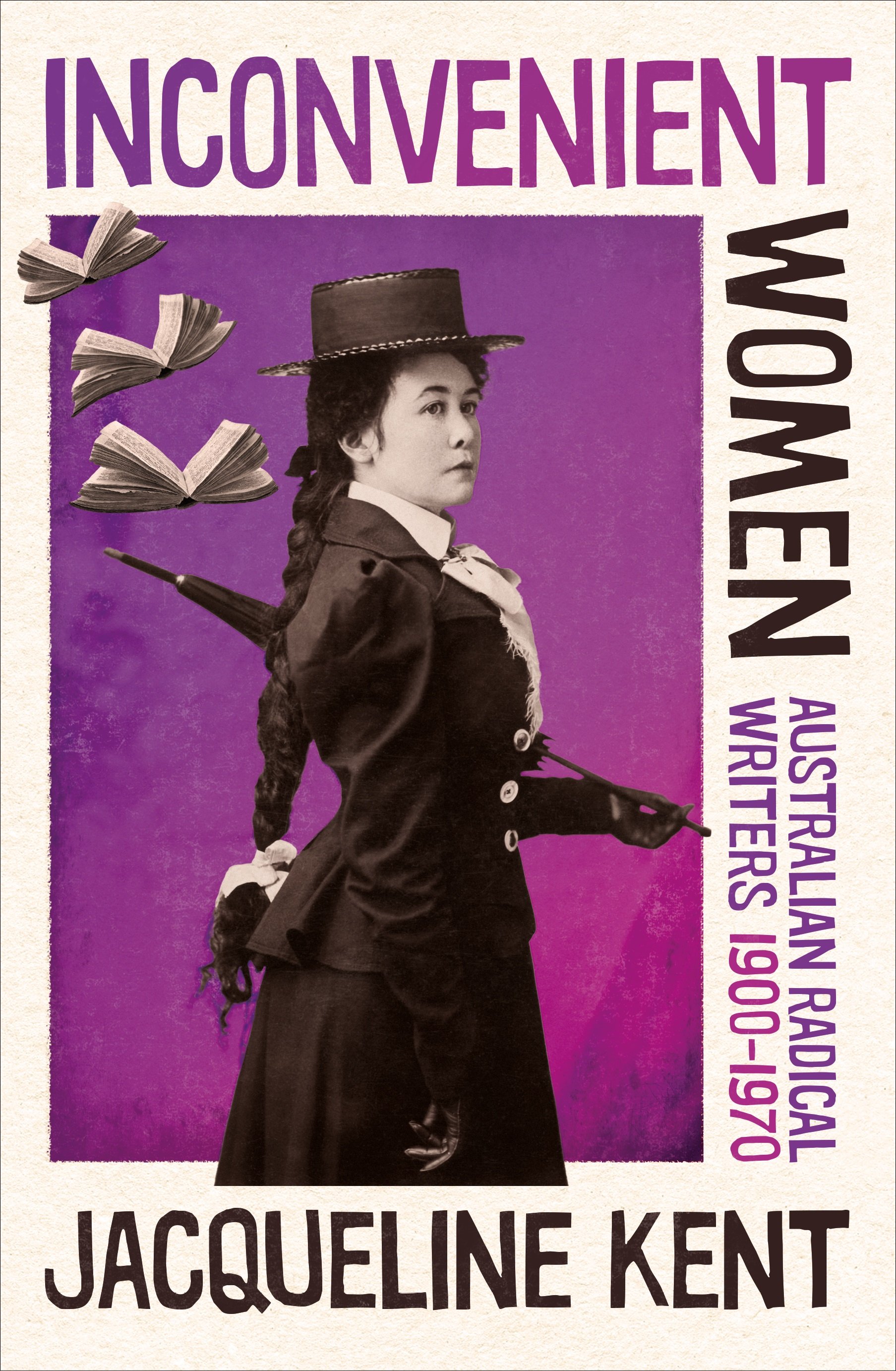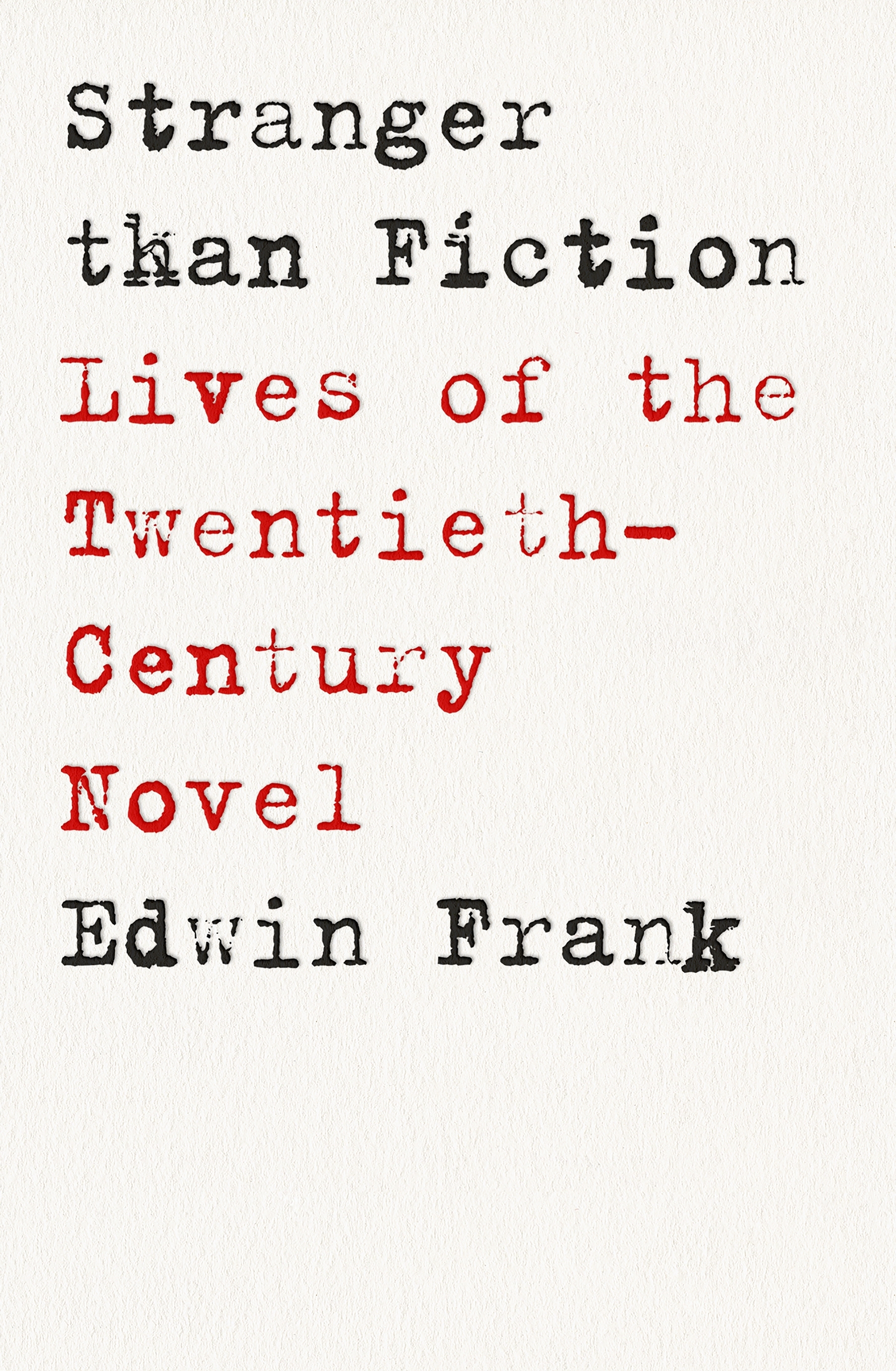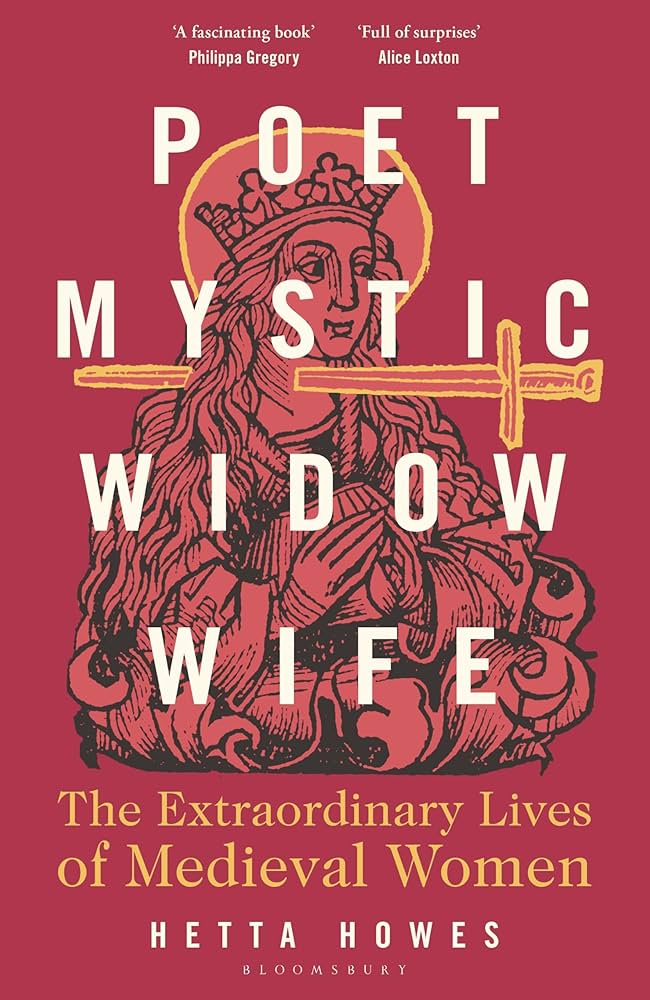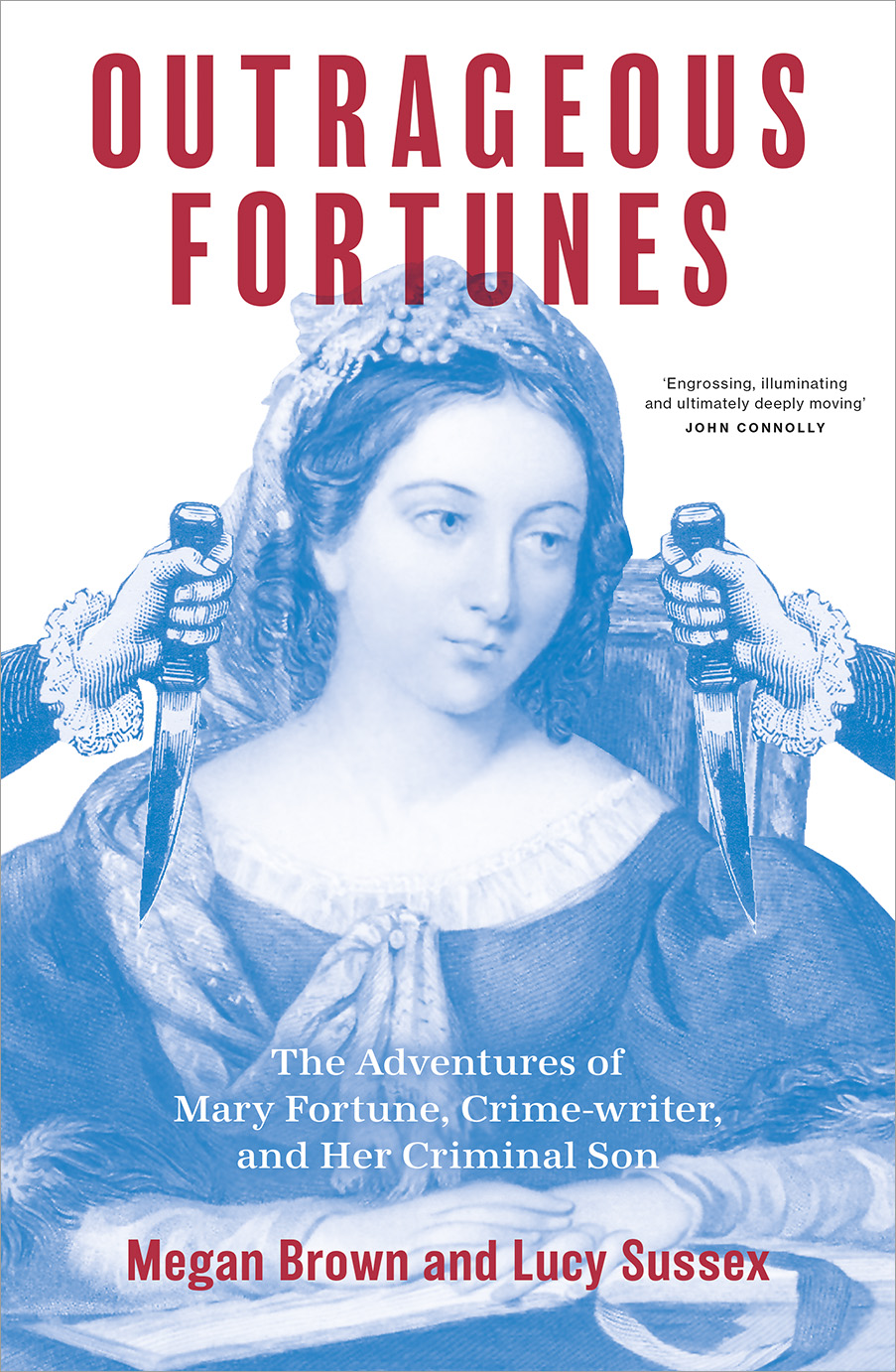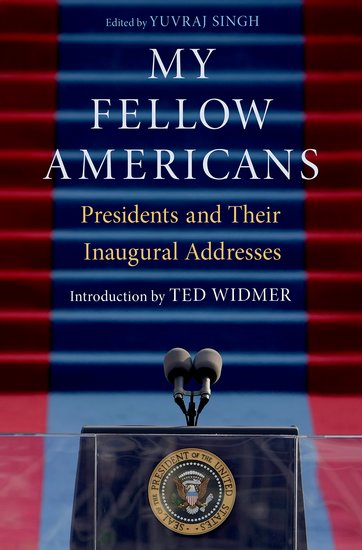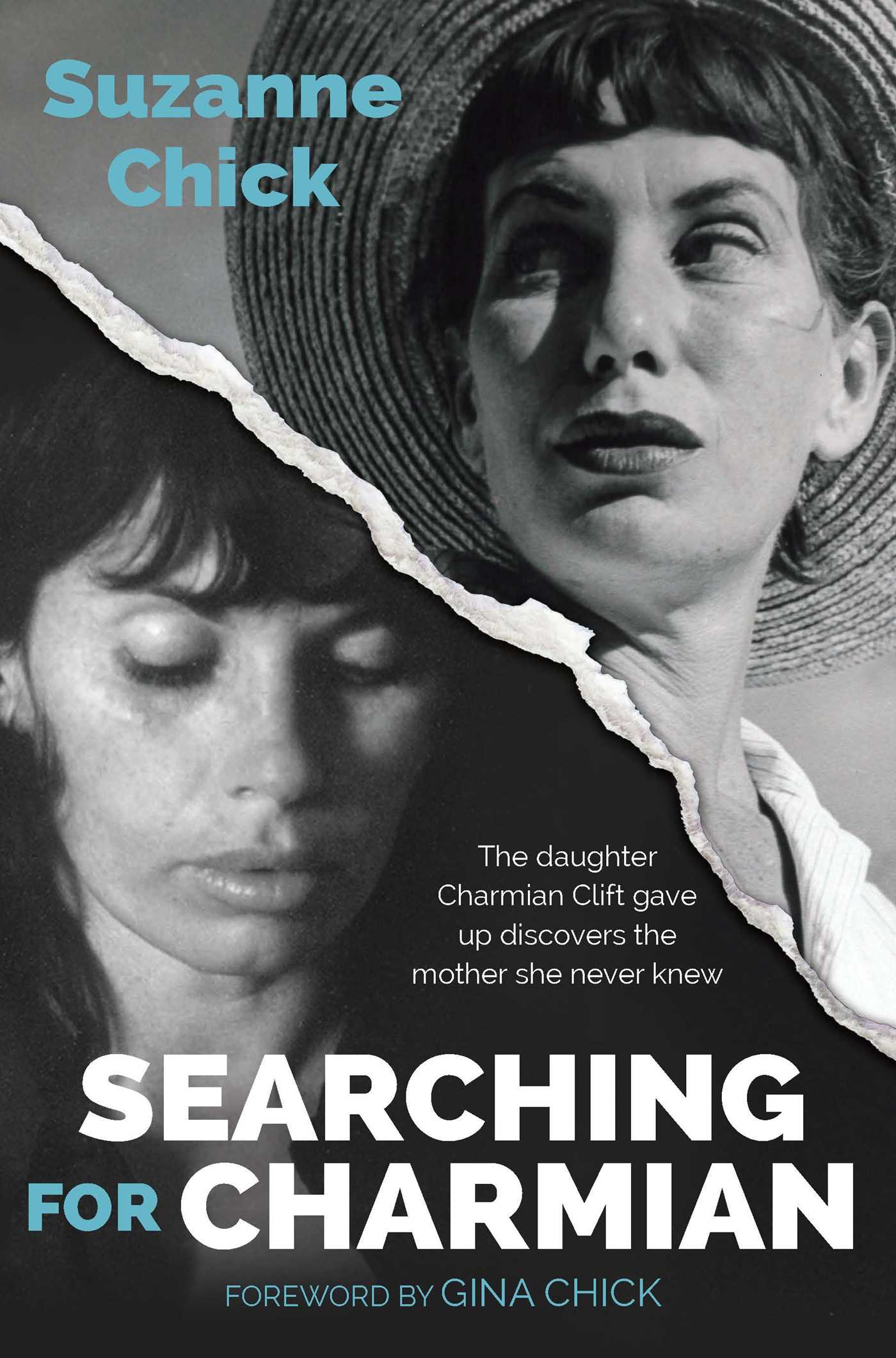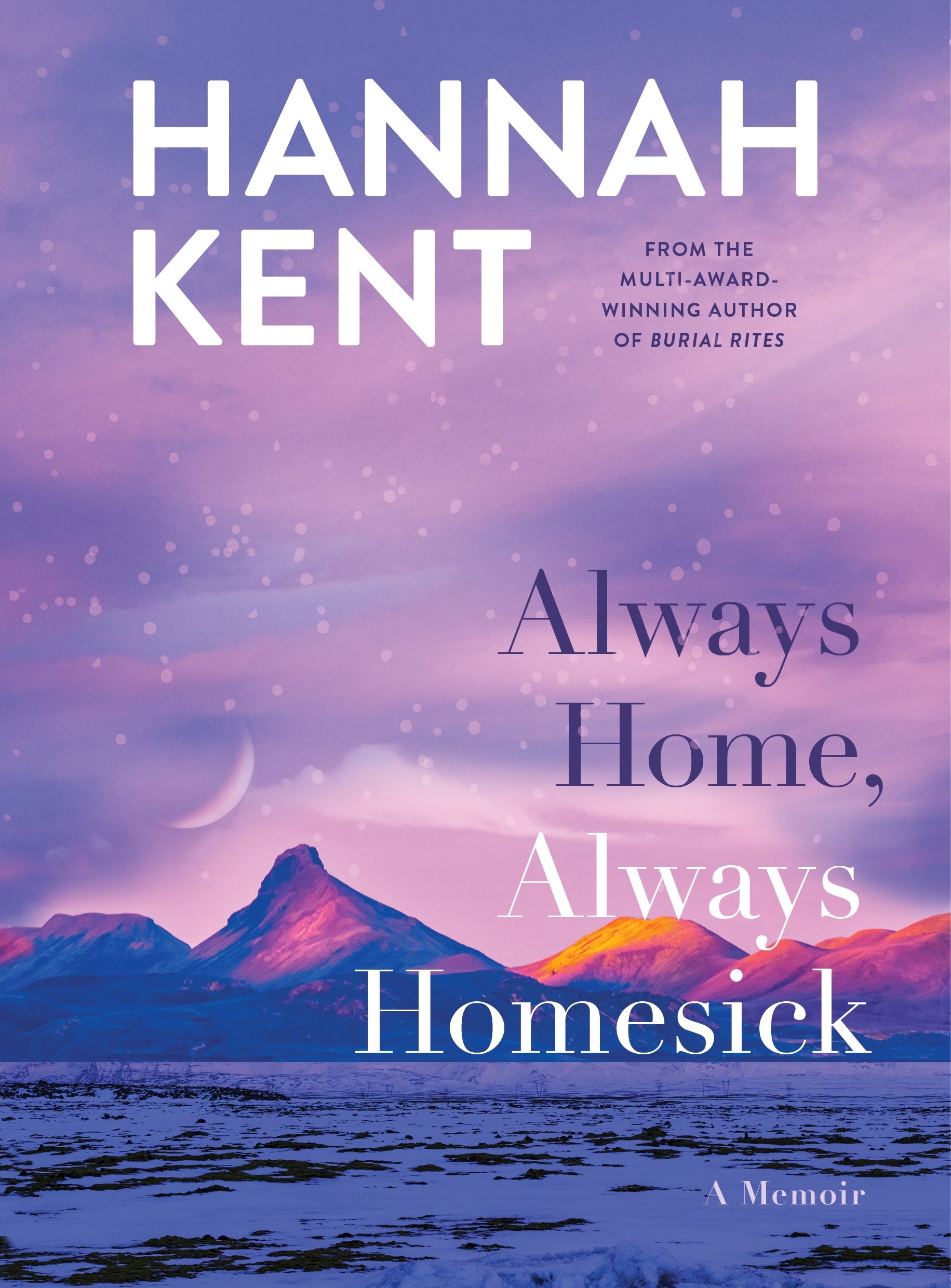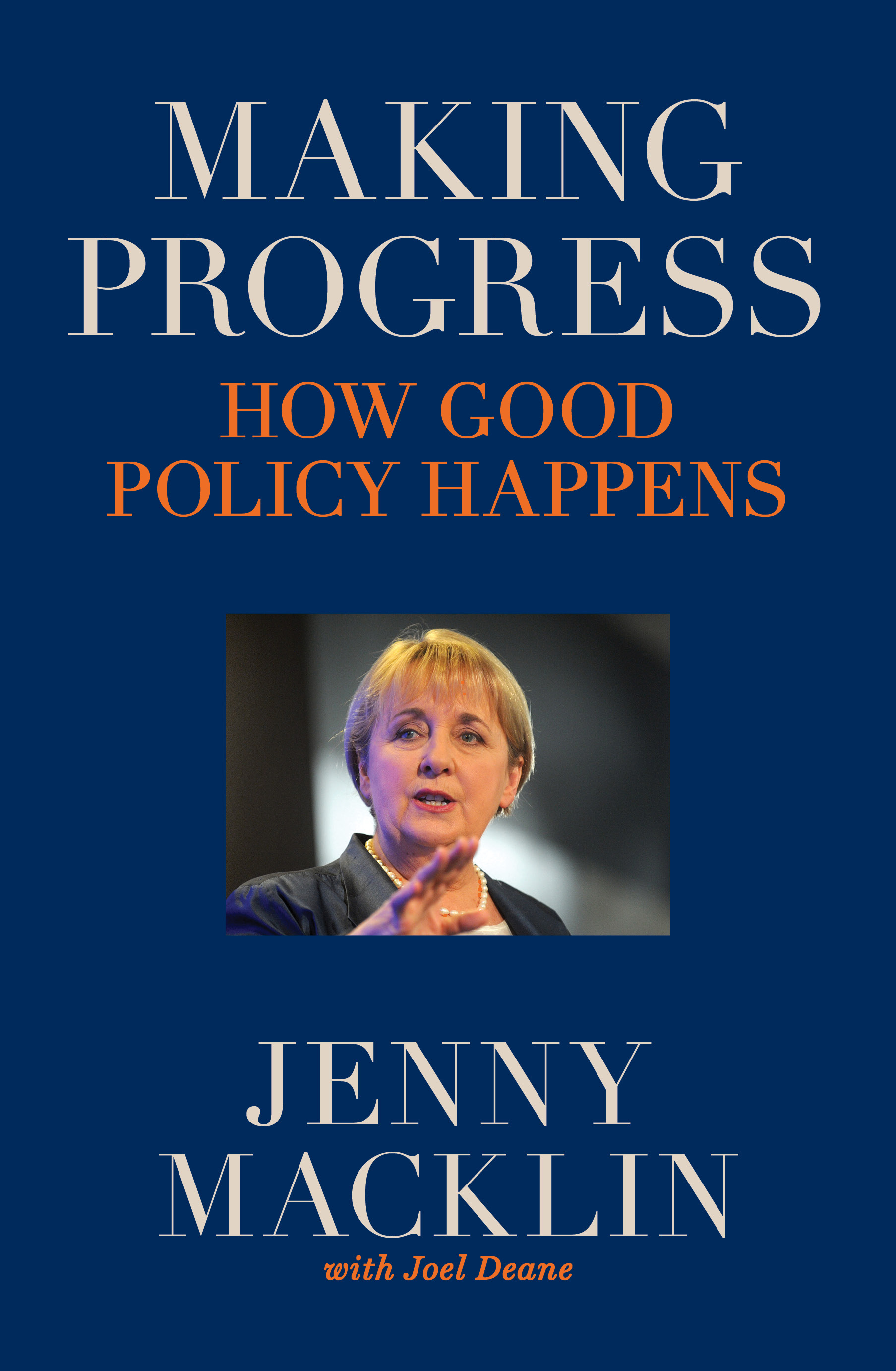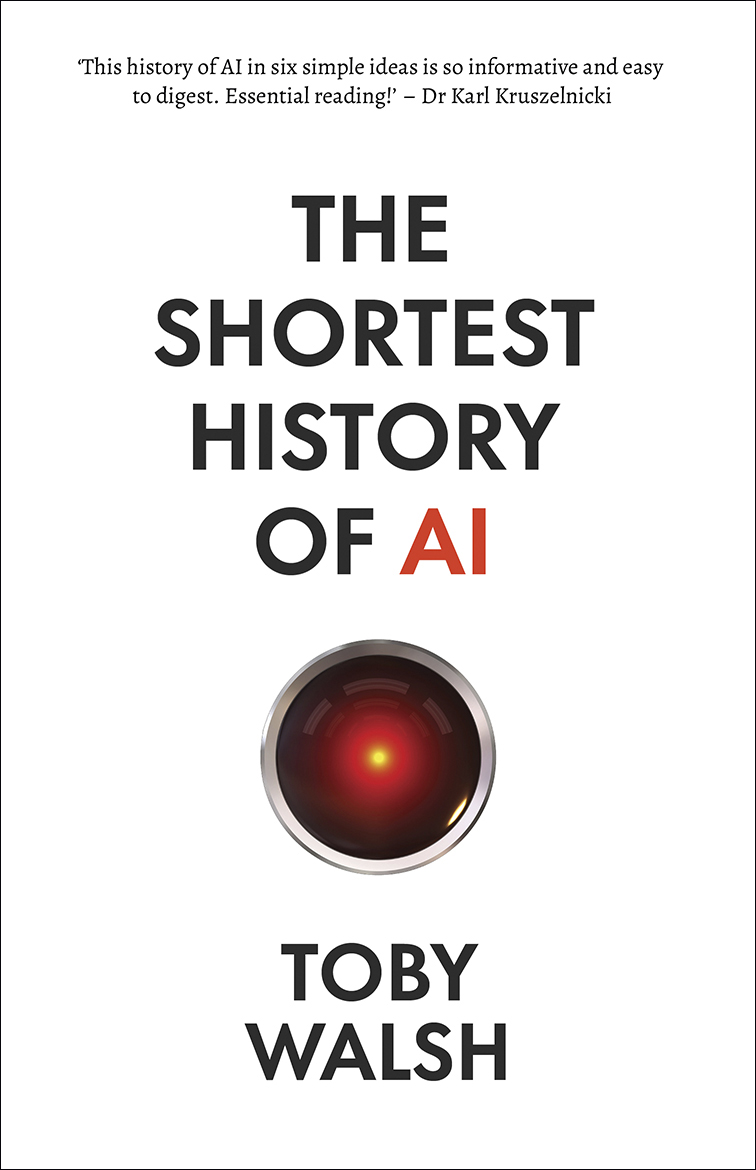Non Fiction
A few years ago, I spent a week in the village of Salamaua on the Huon Gulf coast of Papua New Guinea (PNG). I delighted in swimming in the warm tropical waters that lap the village. After a dip or two, I wondered if there might be crocodiles about. My hosts told me that there was a resident crocodile; sometimes it came through the village at night, but I need not worry. In generations past, Salamauans and crocodiles had come to an agreement not to hurt each other, and since then the people of the village and their guests had been perfectly safe. I kept swimming.
... (read more)Inconvenient Women: Australian radical writers 1900-1970 by Jacqueline Kent
Was Katharine Susannah Prichard one of those present at the first meetings of the Communist Party of Australia (CPA), or not? Did she or didn’t she later pass intelligence to the Soviets, as charged by historians of ASIO Desmond Ball and David Horner? What difference would it have made to have had Lesbia Harford’s full queer oeuvre before the Australian public when it was written? Why didn’t Dymphna Cusack join the CPA if, as this book asserts, her politics were just as far left as Frank Hardy’s? How aware was Eleanor Dark of First Nations activism when writing The Timeless Land (1941)? Politics sit at the heart of Australian literary history, but a raft of questions remain for contemporary readers.
... (read more)Stranger than Fiction: Lives of the twentieth-century novel by Edwin Frank
What is the twentieth-century novel? asks Edwin Frank in Stranger than Fiction. What it is not, he begins, is the nineteenth-century kind. This doesn’t mean he argues from a merely negative premise; rather, he’s attempting to wrest the discussion from certain warping assumptions. The very notion of periodisation by centuries – a ‘convenient, newly minted unit’, writes Frank, ‘larger than a lifetime, conformable to the memory of the nuclear family and designed to connect past to future in the developing narrative of human history’ – is itself a product of the nineteenth century.
... (read more)Poet, Mystic, Widow, Wife: The extraordinary lives of medieval women by Hetta Howes
When teaching the history of medieval Europe it is hard to resist regaling students with lurid accounts of some of the extreme devotional practices performed by medieval women mystics. Saint Catherine of Siena, so it was claimed, drank the vomit of lepers to abase herself before God. Marie of Oignies, apparently, refused to eat anything but the consecrated host and died of starvation. Julian of Norwich lived in seclusion, inside a cell attached to a church, having renounced all things of the world including the opportunity to go outside. These women’s lives, in the retelling, can offer a visceral sense of the strangeness of medieval religious culture, and can also provide a sense of the particularity of gendered celebrity in pre-modernity. As a teacher, however, I am loathe to lean too heavily into the ostensible spiritual otherness of the Middle Ages. I worry that presenting these women as freaks risks alienating students from the historical work I am training them to do; to make sense of historical difference on its own terms.
... (read more)Outrageous Fortunes: The adventures of Mary Fortune, crime-writer, and her criminal son by Megan Brown and Lucy Sussex
To begin, a reviewer’s disclosure: I have known Lucy Sussex since we worked together in the mid-1990s on a research project about nineteenth-century Australian women’s writing. Lucy had already been following the various trails and clues left by crime writer Mary Fortune (1832–1911) along the winding, dimly lit corridors of pre-digital cultural history, as she reports at the end of this book: ‘In 1987 I moved from librarianship to working as a researcher for Professor Stephen Knight … I got the delightful job of largely reading old and vintage crime texts and reporting back … Stephen asked me to look into “Mrs Fortune” [and later] told me that Mary Fortune was no longer his research project, but mine. “You have that gleam in your eye!” he said.’
... (read more)My Fellow Americans: Presidents and their inaugural addresses edited by Yuvraj Singh
The inaugural addresses of presidents of the United States have inspired and comforted, set new national directions, and defined not only presidents but entire eras of American history. Franklin D. Roosevelt’s assurance ‘that the only thing we have to fear is fear itself’ gave hope to an America suffering through the Great Depression and signalled the beginning of the modern American welfare state. John F. Kennedy embodied a youthful American idealism and challenged a new generation of Americans during the Cold War: ‘Ask not what your country can do for you, ask what you can do for your country.’ Ronald Reagan set a different ideological course for the nation with his diagnosis that ‘government is not the solution to our problem; government is the problem’.
... (read more)The new edition of Searching for Charmian, Suzanne Chick’s autobiographical account of discovering her birth mother’s identity, is published at a moment when the reputations of two of the book’s subjects are in their ascendency.
... (read more)If you were asked to come up with three cultural touchstones for the nation of Iceland, there’s a good chance that you would nominate Hannah Kent’s 2013 novel Burial Rites, perhaps along with the music of Björk and Sigur Rós. Burial Rites might be a bit of a cheat, given that Kent is an Australian novelist. Nevertheless, this novel, which tells the story of a woman executed in Iceland in the nineteenth century, has been an enormous success. Translated into more than twenty languages, it sold millions of copies worldwide and is set to become a film. It surely put Iceland on the map for many readers.
... (read more)Making Progress: How good policy happens by Jenny Macklin with Joel Deane
Jenny Macklin was an unusual politician, so it should not surprise that hers is an unusual political memoir. Anyone looking to Making Progress for salacious tales from the internecine warfare of the Rudd-Gillard Government, in which Macklin was a senior minister, will be disappointed. Macklin is widely regarded as the most serious policy thinker among her generation of Labor politicians, and this account of her career, written in collaboration with Joel Deane, will only enhance that reputation. It is a book for policy wonks, and one that is perfectly timed to remind readers that, for all the sound and fury of the recent election campaign, government is a serious business.
... (read more)Toby Walsh’s The Shortest History of AI begins and ends with a sermon against panic. ‘Our children’, writes Walsh, ‘are set to inherit a worse world than the one we were born into, due to a raft of problems, some of which are caused by AI.’ The next couple of decades ‘will be challenging’. Yet Walsh is unequivocal in his faith: first, that artificial intelligence scientists will eventually achieve their final goal, ‘matching human intelligence in all its richness’, and second, that such a feat will be ultimately beneficial to humanity. The secret to such optimism, in the face of acknowledged ‘challenges’ ranging from racial and gendered bias to the ‘existential’, lies in learning ‘the lessons of the past’. And this book, writes Walsh, is not a bad place to start learning those lessons.
... (read more)

